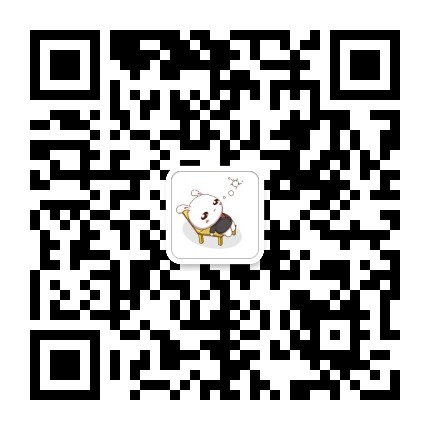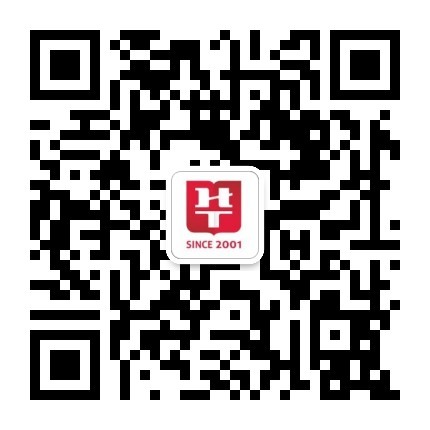2021-09-17 11:10:36 天津银行招聘考试网 //tj.huatu.com/jinrong/ 文章来源:华图银行招聘网
【导读】华图天津银行招聘考试网同步华图银行招聘网发布:2021年银行秋季校园招聘每日一练74,详细信息请阅读下文!春招2月陆续发布,预招3W+,获取新鲜资讯,一手备考资料,欢迎加入银行招聘考试交流群261481978 ,更多资讯请关注天津华图微信公众号(tjhuatu),如有疑问请加图小乔微信号:16602676507,天津银行招聘咨询电话:022-27307496
★银行招聘备考资料包领取★

英语
It’s almost considered sacrilegious today to leave work at the end of your workday or (for shame!) on a Friday and simply not check your work email again until you return the office during normal working hours.
The constant need to check email is the trade-off the modern workforce has made for the ability to work anytime, anywhere, thanks to smartphones and tablets that keep us always connected.
But three university researchers have found that it’s not just doing a bit of work after hours that cause burnout. The true culprit is actually the constant worrying about off-hour email.
A new study, “Exhausted. But unable to disconnect,” by Lehigh University’s Liuba Belkin, Virginia Tech’s William Becker and Colorado Stare University’s Samantha Conroy shows that employees are growing exhausted by the expectation that they will always be available, never knowing what kind of work requests will be asked of them off hours.
Typically, companies don’t mean to stress employees out like that. Most companies don’t have formal policies that say people must answer work emails after-hours. (except, perhaps, in cases where an employee is on call during specific times).
But policies and culture tend to be two different things. If supervisors routinely email employees after hours and expect a fast response (often because their supervisors are doing the same to them), then the message is clear, whenever the boss emails, the employee is expected to be available.
The solution is for bosses to tell employees that an after-hours email doesn’t necessarily require a response before the next work day, and to also set some times when after-hours emailing is considered acceptable and prohibited, such as no emails via the dinner hour, on weekends, or after 10 p.m., the researchers say.
1.What is this passage mainly about?
A. Bosses push employees to work by sending email anytime
B. Employees are exhausted by the constant need to check emails
C. Companies mean to stress the workers out by sending emails
D. None of above
【答案】B。主旨题,整个文段都是在讲述大家下班以后因为邮件,还要加班的处境,公司有时也没有故意强加,但是有很多原因造成员工下班后还无法摆脱工作邮件的境况,因此,答案就是Employees are exhausted by the constant need to check emails, 因此是C项。A项是老板通过随时发邮件而迫使员工工作。C项指的是公司有意通过发邮件而迫使员工工作。D项以上三项均不对。所以答案选B。
2.What can be inferred from the first paragraph?
A. It’s a shame if you check your email all the time
B. The employees are willing to leave work at the end day of the workday
C. The employees are expected to answer emails although it’s not working time
D. Working email is the essential part in worker’s daily life
【答案】D。定位到第一段第一句“it is almost considered sacrilegious today to leave work at the end of your workday or on a Friday and simply not check your work email......”可以说明,查邮件就是上班的很必要的部分。A项指的是如果你总是要查邮件这会让人很不开心。B项指的是员工乐意把工作拖后做,与文段不符。C项指的是尽管是非工作时间员工仍然许需要回复邮件。所以答案根据文意,还是查邮件是工作中必要的一部分,所以答案选D。
3.Why the study said people are “Exhausted But Unable to Disconnect”?
A. Because they never know what kind of work request will be asked off hours
B. Because they are required by the company to answer emails off hours
C. Because smart phones and tablets keep us connected all the time
D. None of above
【答案】B。根据引号里的词可以定位到文段的第三段,所谓的疲惫不堪又无法脱离联系就是因为他们不知道到底将会有什么工作等着他们在下班之余完成。所以答案选B。
4.What is true about the policy and the culture?
A. They are inconsistent about the attitude towards after hour’s emails
B. they both push the employees to be available all the time
C. They are consistent about the attitude towards after hour’s emails
D. They both don’t mean to stress the employees out
【答案】A。文段第四段提到公司并没有有意识的让员工有这样的压力,但是现实却是有这种日常工作邮件,我们总是希望可以尽快得到对方的解决,所以是不统一的。因此选A项。也就是政策和现实是两码事。B项指的政策和现实都是让员工随时在线。C项指的是他们政策和现实都是一致的。D项指的是两者都没有想要让员工压力大。所以答案选A。
5.What would you do if you were the policy maker of a company?
A. To require an instant respond for after-hour emailing
B. To abandon after-hour emailing
C. To tell employees that an after-hours email doesn’t necessarily require a response
D. To limit the time of after-hour emailing
【答案】C。文段的最后一段给出了解决这个问题的办法,那就是老板告诉员工下班后的邮件无需回复,因此选C项。A项指的是要求对下班后的邮件要即刻回复。B项指的是下班后的邮件就不要再发。C项指告诉员工下班后的邮件不必回复。D项就是限制下班后邮件的时间。所以要解决这个问题就是明确告诉员工,下班后不用回复邮件。所以答案选C。

天津华图微信客服

天津华图微信公众号